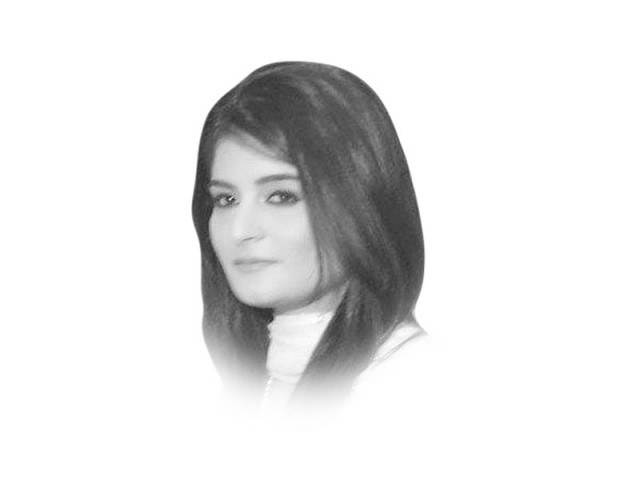The value of a liberal arts education
Liberal arts education will eventually help our youth develop the skills mandatory to fare well in global job economy

A liberal arts education involves studying a range of subjects, from the arts to the sciences. Courses can range from philosophy and anthropology to art history, economics and creative writing. Subjects such as philosophy and sociology can help students learn and question ideas, beliefs and people, in turn allowing them to reason inductively and analyse contexts and people to make the most meaningful decisions in the workplace and beyond.
A liberal arts education does not prepare students for a specific profession; rather, the field of study is broad in nature. The skill set acquired by learning a variety of subjects can range from communication and critical thinking skills to language, listening and linguistic skills. Such skills are essential prerequisites for the global marketplace, which is becoming more competitive than ever, and requires candidates to possess multiple skills, even if they are specialists in specific fields.
In Pakistan, emphasis on a liberal arts education is at an all-time low, where the general perception is that the discipline is of little practical use as it does not lead to a specific profession. Very few universities offer liberal arts programmes in Pakistan, but the real barrier hindering students from pursuing the liberal arts, can often be their parents. Many parents sway children into choosing specific fields of study, which mostly revolve around engineering, medicine or business. Many students, in a way, are led into thinking that other subjects, besides what their parents and society deem appropriate, are not worth studying, let alone exhibiting interest in. However, the dilemma is that many parents and educators fail to realise that a liberal arts education is, in fact, what will eventually help our youth develop the skills mandatory to fare well in the global job economy.
A 2012 research paper entitled, “Skills for Employability in Africa and Asia” published by the Results for Development Institute, revealed the results of a focus group conducted among employers in South Asian cities, including Lahore. The results were startling, to say the least.
The authors concluded: “The first is the importance of non-cognitive skills, especially communication, leadership, honesty/ethics, teamwork and flexibility. The second is the importance of being able to learn, whether explicit as in the case of Mumbai or implicit in many of the others.” Conceptual understanding, for example, was a skill gap identified in Lahore. Communication, leadership, teamwork, conceptual understanding and other skills highlighted in this study, are, in fact, the skills fostered in a liberal arts curriculum.
Our policymakers and educators need to change perceptions about liberal arts education among students, parents and educators. We need to understand the subject’s overall impact on societal well-being. More public and private teaching institutions need to incorporate liberal arts components into their curriculums.
Our future generations must have the skill set to compete with their global counterparts. Therefore, introducing more liberal arts programmes in universities is the first step. There has been some progress in this area: Habib University in Karachi, for instance, a fairly new higher education institution, offers a three-year liberal arts core in its programmes. The liberal core, rooted in the local culture, covers philosophy, history, development studies and rhetoric. Multidisciplinary teaching, not only allows students to become knowledge-based learners, but also develops their communication and critical thinking skills.
It is about time our education system got up to speed with teaching systems worldwide. Quality education, in line with global developmental trends and market requirements, is critically important for us to flourish as individuals and as a nation.
Published in The Express Tribune, October 24th, 2014.
Like Opinion & Editorial on Facebook, follow @ETOpEd on Twitter to receive all updates on all our daily pieces.
















COMMENTS
Comments are moderated and generally will be posted if they are on-topic and not abusive.
For more information, please see our Comments FAQ